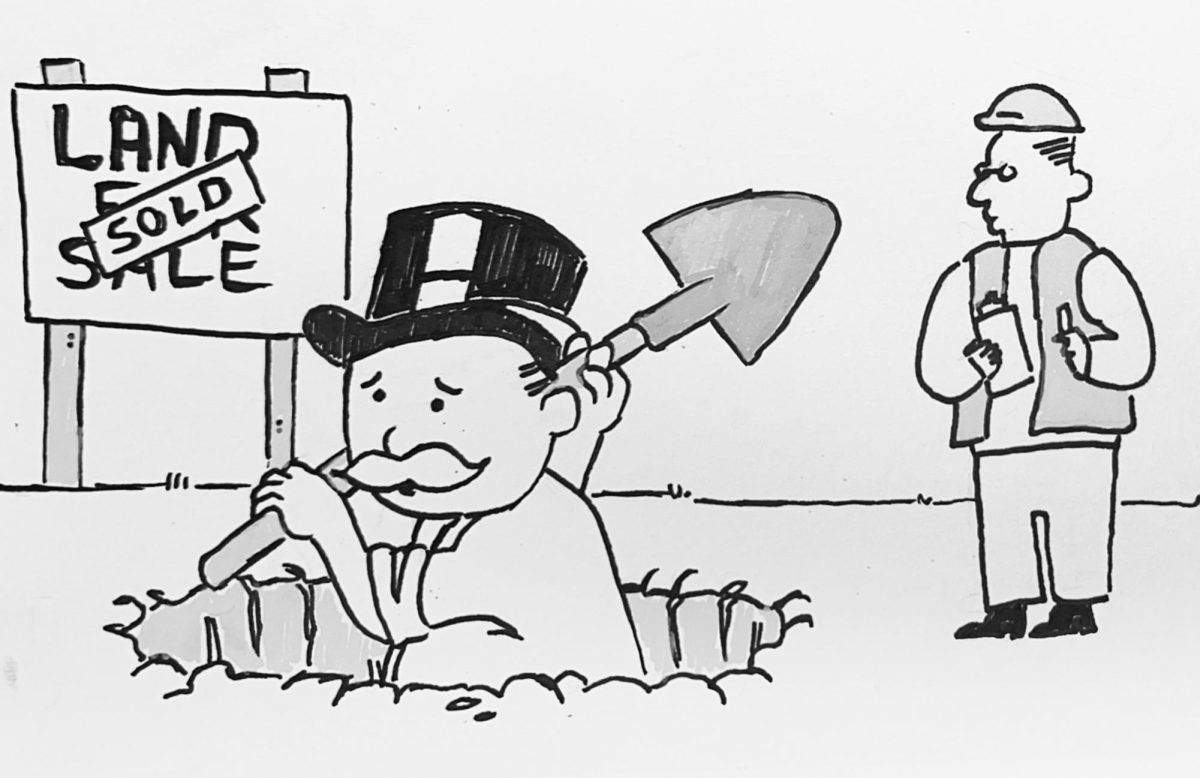“Readers say this is the first Muslim American family they know,” author Dave Eggers revealed Tuesday, Sept. 28, during his lecture. As Abdulrahman and Kathy Zeitoun laughed, joked and reflected during their conversation with Eggers and Assistant Professor of Religion Jocelyn Hendrickson, the Whitman College community certainly came closer to knowing the central subjects of this year’s summer reading, “Zeitoun.”
While Whitman deserves praise for its book selection and for bringing to campus the nationally-acclaimed Eggers and those featured in his novel, the college has failed to take full advantage of all that this rich text offers. Tuesday’s conversation between the author, the Zeitouns and Professor Henrickson only exacerbated my feeling that Whitman has not provided sufficient opportunity to discuss “Zeitoun.”
Although the faculty panel and discussion of “Zeitoun” in residential sections deepened my understanding of this fantastic book, they left so much untouched within this provocative text.
The book is beyond worthy of discussion in Encounters classes. As the summer reading assignment for all first-year students, it is illogical that the text is not discussed in a class devoted to creating shared knowledge amongst students.
Conversations about “Zeitoun” would incorporate dozens of academic disciplines. As an English Literature nerd, I would love to further examine the journalistic style and narrative pace of the book. The social scientist in me begs to know if Zeitoun’s arrest was caused by unique, isolated factors or if the views of the arresting officers encapsulate a larger social phenomenon. Thinking politically, I am curious if Hurricane Katrina acted as a catalyst for reform in the Louisiana justice system. Zeitoun’s tale makes this a work suitable for critical class discourse.
Finding a book that is so readable or applicable to modern life is a tremendous feat. “Zeitoun” spotlights a myriad of social and political issues. It asks readers to examine their perceptions of Muslim Americans. It exposes the unregulated justice system created in the wake of Hurricane Katrina. It highlights the misallocation of resources in a time of crisis. It tells the uniquely human story of man who rides out the storm with tremendous courage. Within each of these exist many nuances and complexities. That is precisely why “Zeitoun” must become a part of the Encounters curriculum.
Encounters seeks to explore great works ancient and modern. “Zeitoun” presents the unique opportunity not just to deliberate on a great piece of writing, but to spur conversations about issues influencing modern society. The relevancy and sweep of the work with regard to modern life seems unparalleled when compared to other Encounters texts.
Judging by the crowd at Egger’s appearance, “Zeitoun” interests many in the community beyond first-year students. Furthermore, a one credit evening seminar on the book and the injustices it exposes would let all who enjoyed the book find deeper meaning in its pages.
Thus far Whitman has passed up a great opportunity for learning, but luckily it is not too late to change that. With Zeitoun’s story fresh in the minds and hearts of the Whitman community, now is the perfect time for Encounters classes to devote further examination of “Zeitoun.” The most powerful aspect about discussing “Zeitoun” is that it leads to an examination of some of the most challenging issues facing society today.
“Zeitoun” is powerful tool waiting to be used. I challenge Whitman to use it to build understanding and intellectual vitality.











